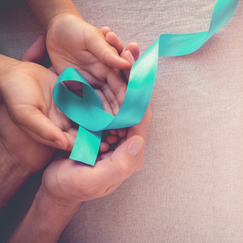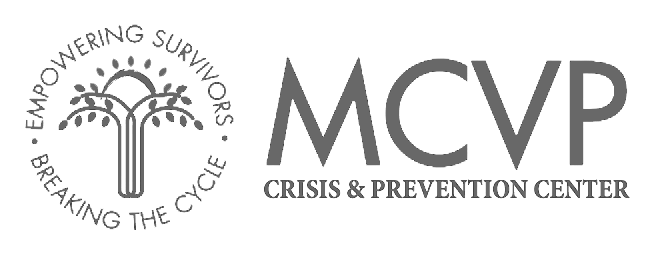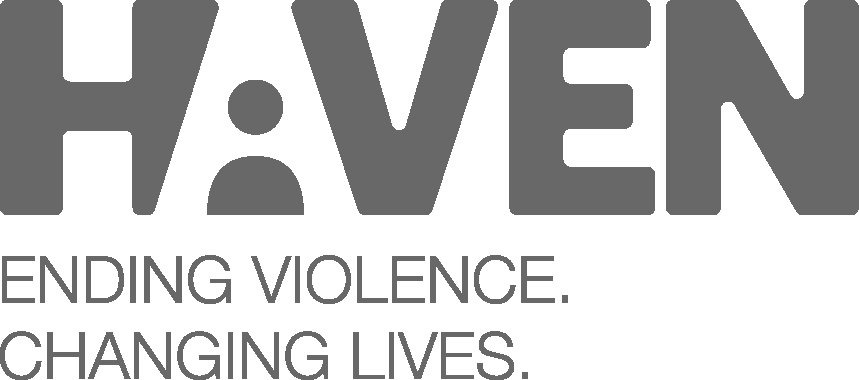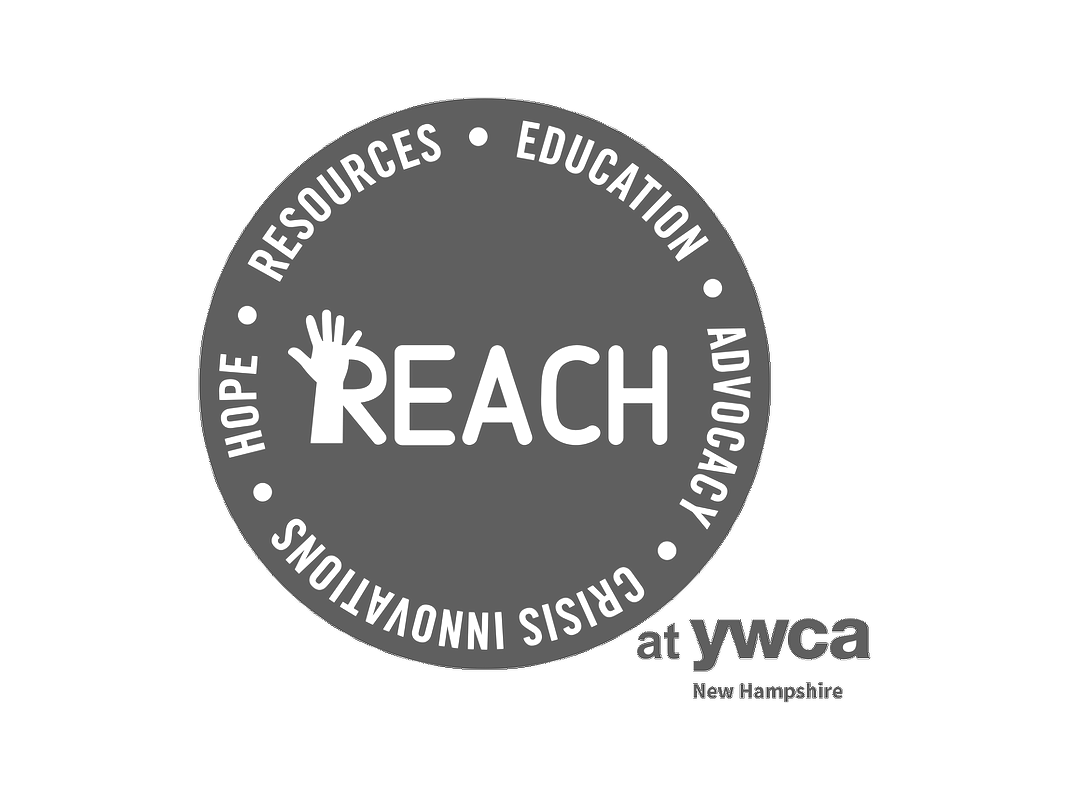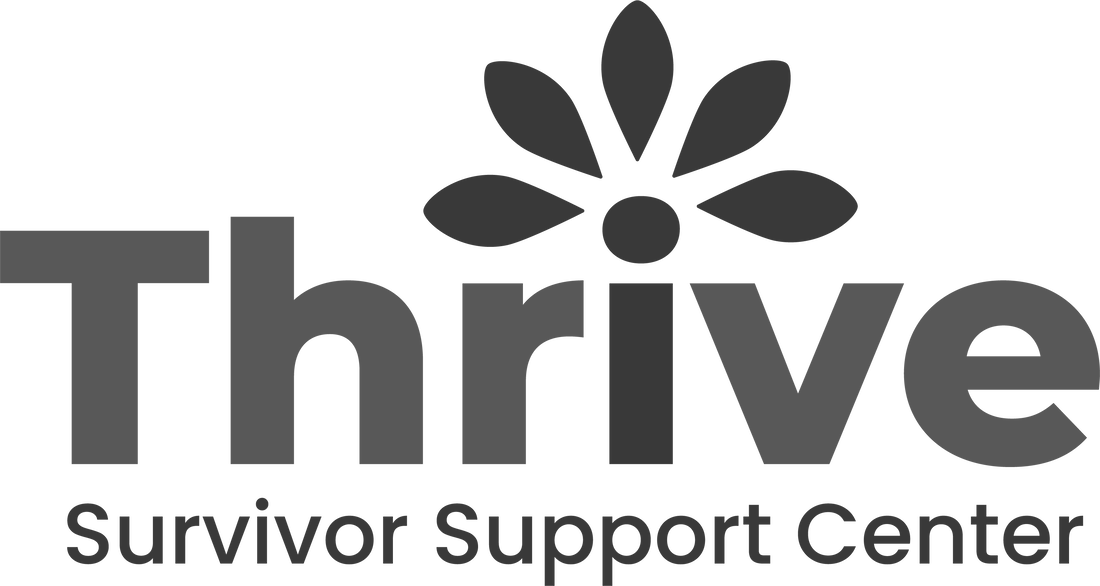GET HELP NOW
After you have experienced sexual assault, it is hard to know how to react. Every person reacts to sexual violence in their own way. Common emotional reactions include guilt, shame, fear, numbness, shock, and feelings of isolation. No matter when you were assaulted, you can get help at any time.
The Coalition is here for you.
The Coalition is here for you.
WHAT IS SEXUAL ASSAULT?
Sexual assault is forced, manipulated, or coerced sexual activity. It is a crime in which the assailant uses sex to inflict humiliation on the victim, to exert power and control over the victim, or to use the victim to attain sexual gratification without regard for the victim’s consent. It is never the victim's fault.
- Sexual violence can include child sexual abuse, rape, attempted rape, incest, exhibitionism, voyeurism, obscene phone calls, fondling and sexual harassment.
- While sexual assault can take many different forms, the loss of power and control that a victim experiences is a common thread.
- The victim of sexual assault can be any age, race, gender identity, or social background, as can the perpetrator.
- In more than half of all reported rapes, the victim and rapist know each other.
Call 911
If you are in immediate danger, dial 911. Help will come to you, wherever you are.
CONTACT NH'S 24/7 Domestic and SEXUAL Violence Helpline:
NH's 12 domestic and sexual violence crisis centers provide free and confidential support services to anyone impacted by domestic violence, sexual assault, stalking, human trafficking, or child abuse.
What to expect when you call
Anyone can call New Hampshire's Sexual Assault Hotline at any time. When someone calls the statewide hotlines, they will often first talk with a crisis center's answering service. The answering service will take the caller's first name and number and have an advocate from the crisis center in her or his area call them back. Generally, these calls are returned in about 5 minutes. Crisis center advocates are there to provide support and information. They can help survivors or concerned friends or family with things like safety planning or finding shelter, support groups, financial, medical, legal or social service resources. Many callers may just want someone caring to talk with who will listen and believe them. Advocates will share options and never pressure survivors to do anything they do not want to do.
- Services include 24/7 support available on the confidential hotline
- Accompaniments to hospitals, police departments, courts, and child advocacy centers
- Emergency shelter
- Support groups
- Prevention education programming and in-service training
What to expect when you call
Anyone can call New Hampshire's Sexual Assault Hotline at any time. When someone calls the statewide hotlines, they will often first talk with a crisis center's answering service. The answering service will take the caller's first name and number and have an advocate from the crisis center in her or his area call them back. Generally, these calls are returned in about 5 minutes. Crisis center advocates are there to provide support and information. They can help survivors or concerned friends or family with things like safety planning or finding shelter, support groups, financial, medical, legal or social service resources. Many callers may just want someone caring to talk with who will listen and believe them. Advocates will share options and never pressure survivors to do anything they do not want to do.
NH's 24-hour Domestic and Sexual Violence Helpline:
SEXUAL ASSAULT MEDICAL FORENSIC EXAm
After a sexual assault has occurred, seeking medical attention is one of the options that a survivor has. A sexual assault medical forensic exam is a resource for all survivors. No one is ever charged for a sexual assault examination.
The Strafford County Family Justice Center created a grant-funded resource video on sexual assault which shows what is available to survivors during a medical/forensic exam.
The Strafford County Family Justice Center created a grant-funded resource video on sexual assault which shows what is available to survivors during a medical/forensic exam.
Related links
Bystander Intervention
Become an active bystander and equip yourselves with the tools to safely intervene when you identify signs of abuse or unhealthy relationships.
Legal Resources
Get informed about legal resources available to victims in NH to help keep yourself or a friend safe.
Contact Your Crisis Center
Find the Crisis Center closest to you.
Our Supporting Partners
The 12 member programs of the New Hampshire Coalition Against Domestic and Sexual Violence provide services regardless of gender,age, health status (including HIV-positive), physical, mental or emotional ability, sexual orientation, gender identity/expression, socio-economic status, race, national origin, immigration status or religious or political affiliation.
Funding for this website was provided by The Corporate Fund.
New Hampshire Coalition Against Domestic and Sexual Violence
PO Box 353, Concord, NH 03302-0353
(603) 224-8893
New Hampshire Coalition Against Domestic and Sexual Violence
PO Box 353, Concord, NH 03302-0353
(603) 224-8893
NH web design by Harbour Light Strategic Marketing

